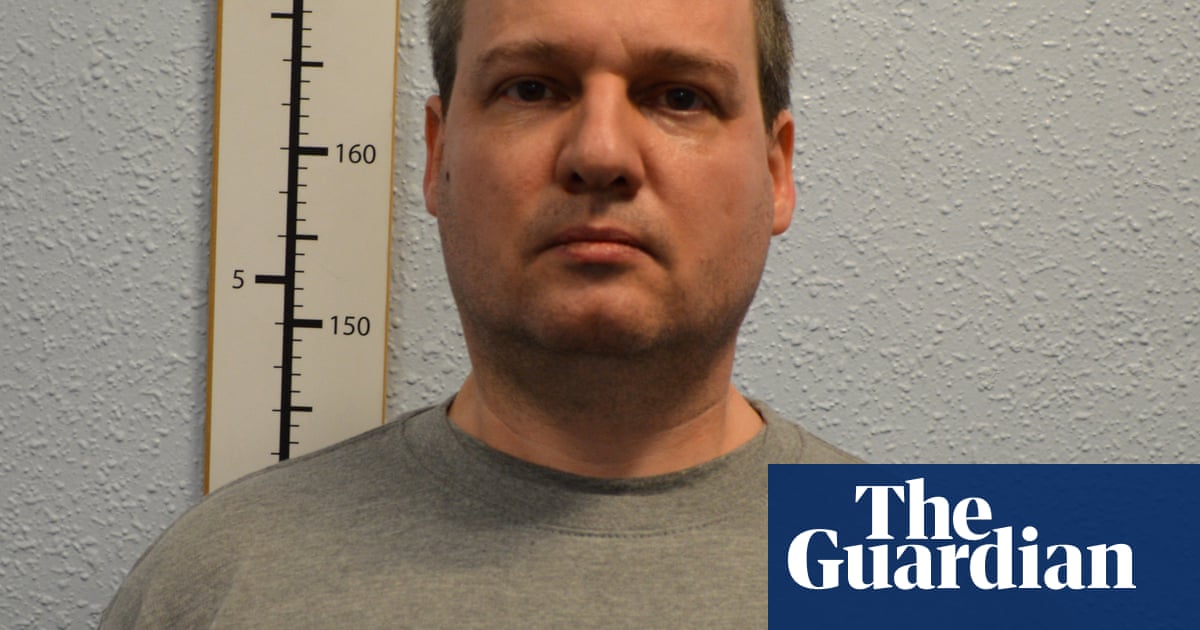Six Bulgarians convicted of spying for Russia in Britain have been jailed at the Old Bailey.
Orlin Roussev, 47, who was the leader ofthe ringand had pleaded guilty, was sentenced to 10 years and eight months for his role in executing six “sophisticated” operations that risked national security and the safety of the public.
His second-in-command, Biser Dzhambazov, 44, was jailed for 10 years and two months at the Old Bailey after also pleading guilty.
Katrin Ivanova, 33, one of two women who were deployed as “honeytraps” against the group’s targets, was jailed for 9 years and eight months.Mr Justice Hilliard said he accepted she would not have become involved in the crimes without meetingDzhambazov, but he told her she had “thrown in” her lot with him “by free choice for better or worse.”
The other woman,Vanya Gaberova, 30, was given a sentence of six years, eight months and three weeks. While the judge made an allowance for a claustrophobia diagnosis, he told her that she knew what she was doing was for Russia and had found it “exciting and glamorous.”
Tihomir Ivanchev, 39, one of two lieutenants, was given a sentence of eight years by the judge, who noted reports of good behaviour and the fact his involvement in the ring stopped before their arrest in 2023. The other, Ivan Stoyanov, 33, was given five years and three weeks’ imprisonment after pleading guilty, albeit at what the judge noted was a late stage.
Mr Justice Hilliard told each defendant that they would need to serve half their sentence before being eligible for parole and then would be liable for automatic deportation to Bulgaria.
Earlier, he detailed six identified spy plots carried out by the defendants, some of whom he said were more culpable.
Directed by Roussev’s second-in-command, Dzhambazov, he said the defendants were “motivated by money”, with “substantial” sums of up to €1m (£842,000) discussed.
This, he said,demonstrated the “value” of their covert activities to Russia. “Some of the money would have covered their expenses, but not all. This enabled the defendants to live very comfortably. It must have been thought that what the defendants were doing was of value.
The spy ring wasengaged in surveillance and intelligence operations between 2020 and 2023, targeting journalists and Russian dissidents.
Working out of a guesthouse in Great Yarmouth, Norfolk, it was directed from abroad by Jan Marsalek, an Austrian businessman who had fled to Russia in 2020 after the payments company he helped to run, Wirecard, collapsed amid a €1.9bn (£1.6bn) fraud.
Marsalek, who is believed to be in Moscow but is wanted in Germany over the Wirecard scandal, was working for the Russian FSB state security service and the GRU military intelligence agency.
He directed surveillance in Bulgaria, Austria and Spain of Christo Grozev, an investigative journalist who had helped implicate Russian spies in the poisoning of the opposition leader Alexei Navalny.
Sign up toHeadlines Europe
A digest of the morning's main headlines from the Europe edition emailed direct to you every week day
after newsletter promotion
Marsalek also instructed gang members, including Ivanova, to steal mobile phone numbers of Ukrainian troops believed to be training at a US barracks in Stuttgart, Germany, using a military-grade spying device.
In a televised sentencing, Mr Justice Hilliard commended officers for their “extremely thorough and determined investigative work.”
Victims targeted by the spyring had been left “deeply concerned” and been forced to enhance their security, the judge said. He said the risk to them was obvious and Roussev would have been aware of the “extreme actions” Russia had taken against those it regarded as an “enemy” of the state.
Commander Dominic Murphy, head of the Met’s Counter Terrorism Command,said after sentencing that the strength of the investigation into the group’s surveillance operations had left the ringleaders – Roussev and Dzhambazov - with no option but to plead guilty to the charges.
“This case is a clear example of the increasing amount of state threat casework we are dealing with in the UK. It also highlights a relatively new phenomenon whereby espionage is being ‘outsourced’ by certain states.
Frank Ferguson, Head of the CPS Special Crime and Counter Terrorism Division, said that,by targeting individuals in the UK fleeing persecution as well as journalists opposing the Russian regime,the the group had undermined the message that the UK is a safe country for those people.
“This prolonged activity also undermined the security and safety of the UK; and there can be no doubt that each of the defendants knew exactly who they were spying for,” he added.
